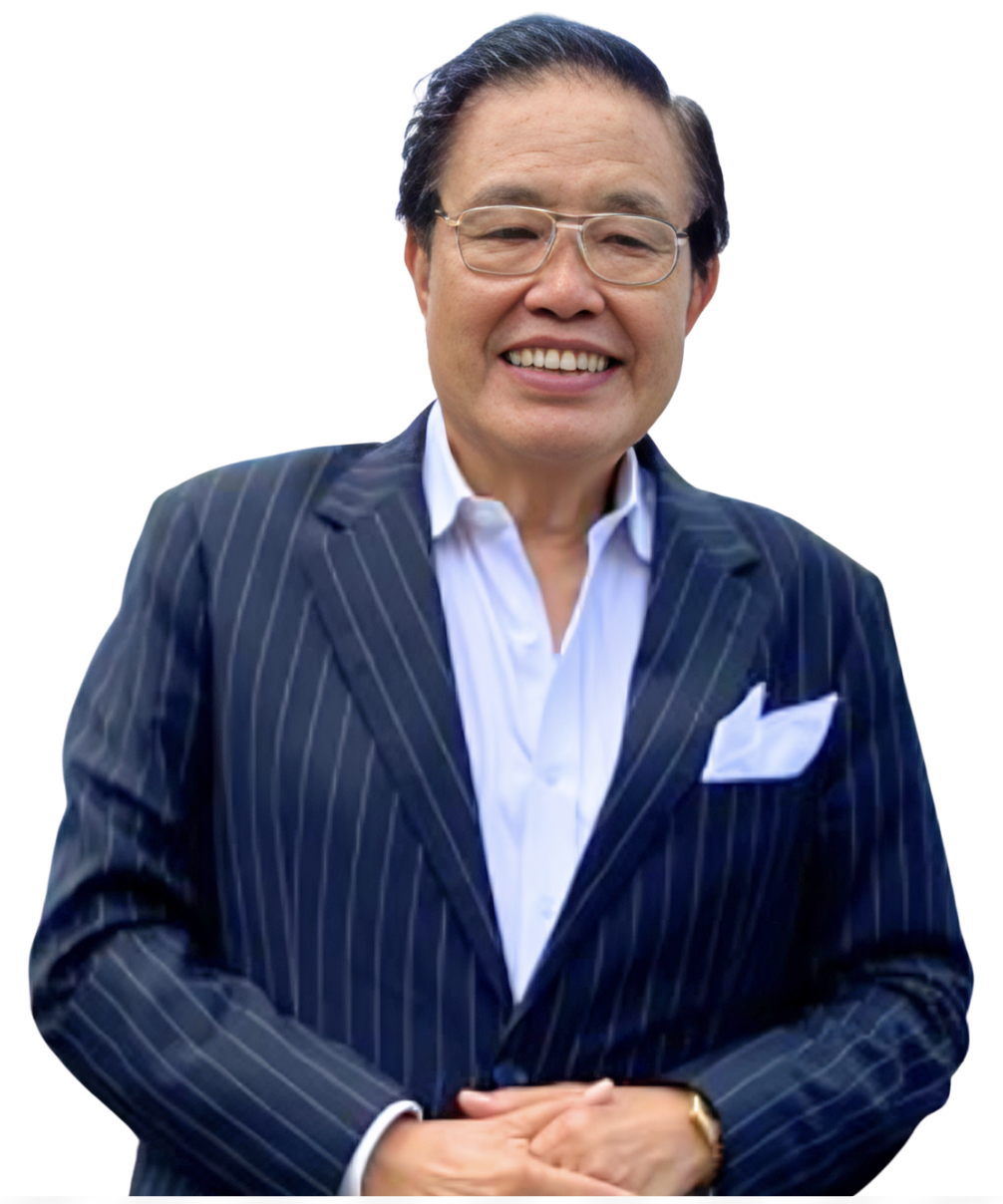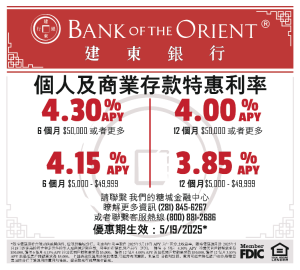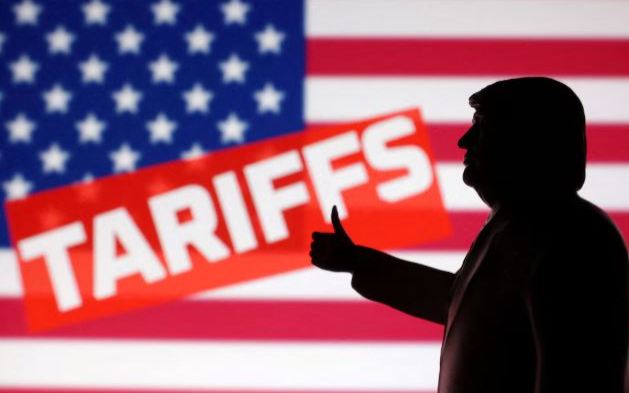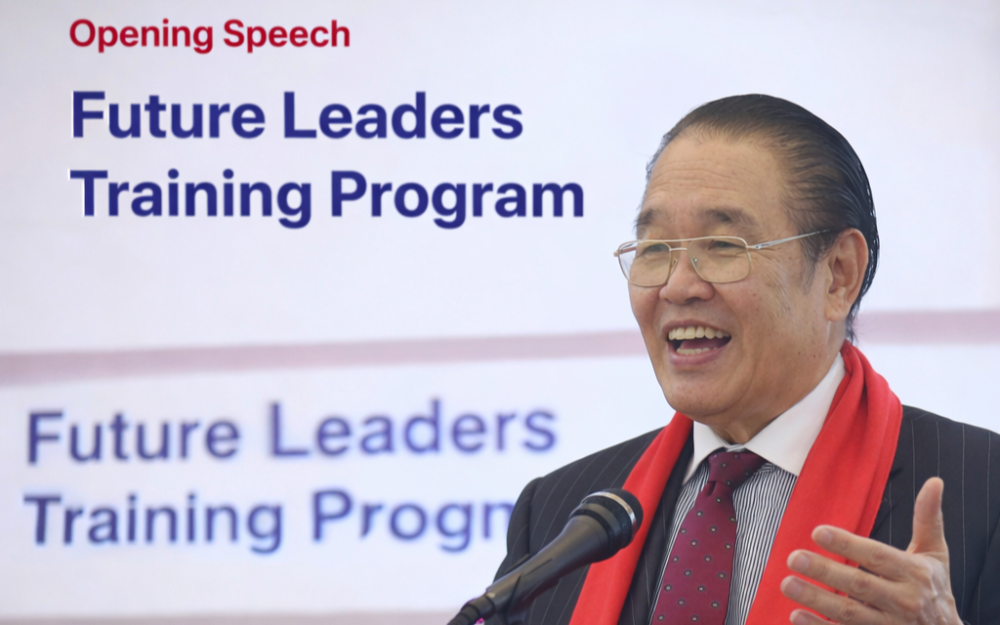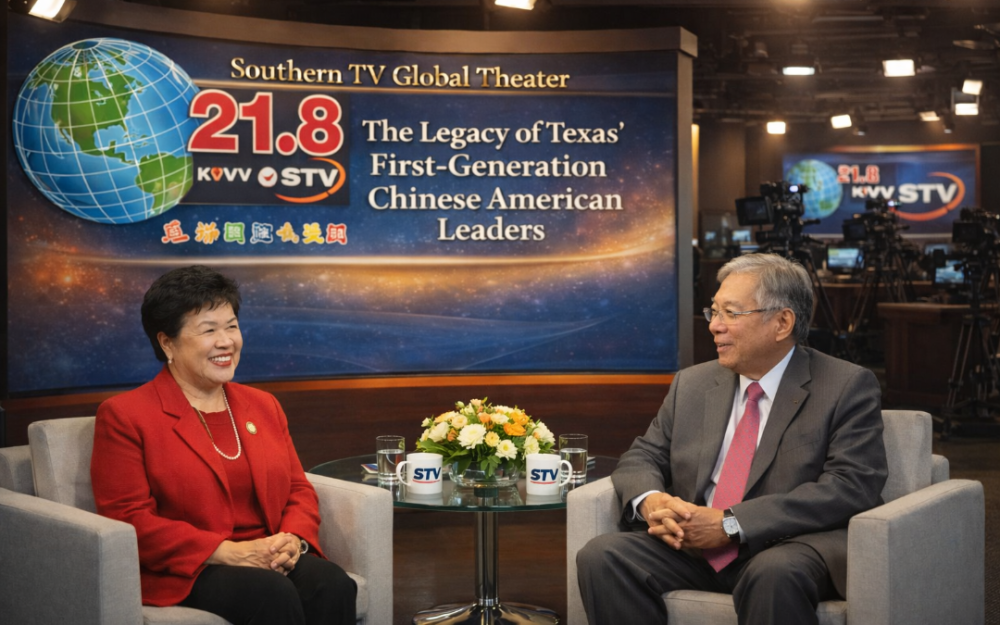每日评论0421 中美貿易戰苦了誰
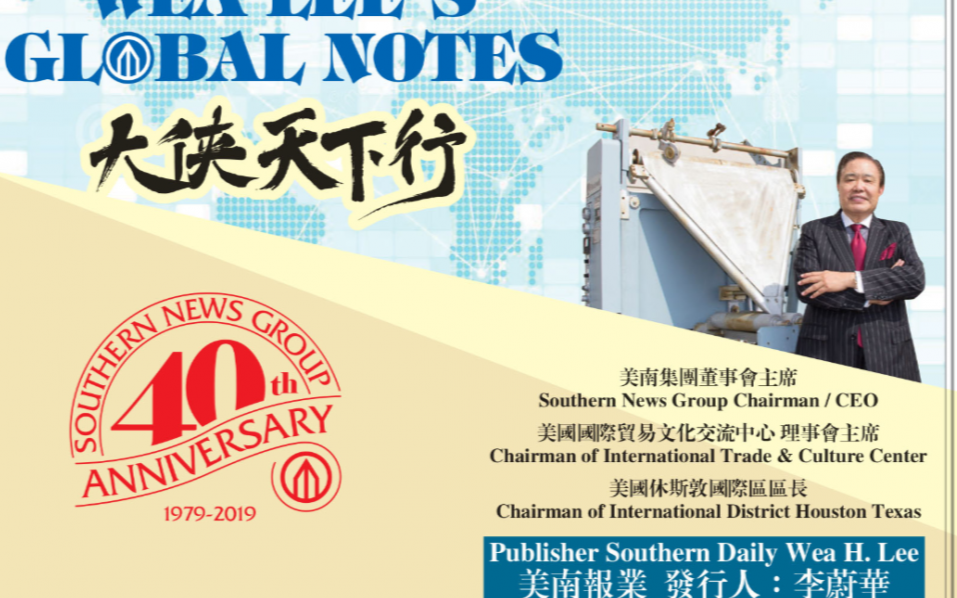
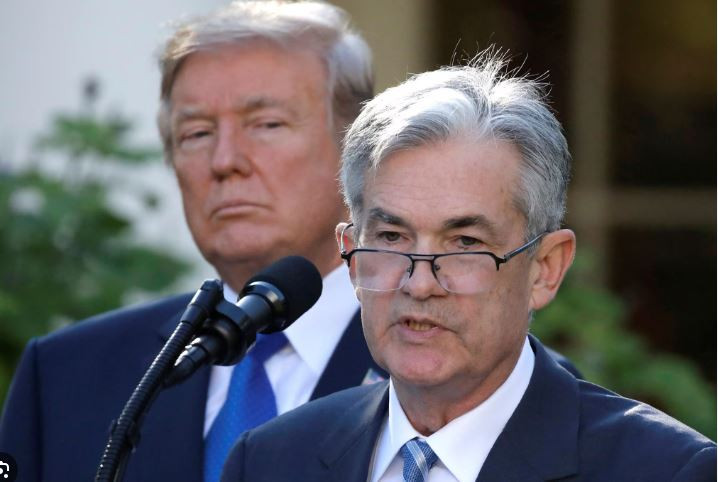
中美貿易戰苦了誰
隨着中美貿易戰之繼續開打,三架已經出售給中國的波音客機昨天從大陸撤回美國,這是一連串中國對美國反制之措施之一。看似一場國與國之間的博弈,實則傷及無數無辜的企業與百姓。
從農產品滯銷,到科技禁運,再到航空、汽車、能源等行業的互設壁壘,兩國的經濟互依正在被一刀刀割裂。本應互補的產業鏈,如今成了政治角力的籌碼。企業受困,民生受損,真正承受代價的,是千千萬萬的普通人。
誰贏了?誰又輸了?若和平與合作的路越走越遠,這場貿易戰也許只會苦了你我他。
—— 記於此日,思索國際風雲與民間冷暖。
Who Pays The Price For The U.S.-China Trade War?
As the U.S.-China trade war continues to escalate, news broke yesterday that three Boeing aircrafts previously delivered to China have been returned to
the United States. This move, widely seen as part of China’s trade war countermeasures, marks another dramatic turn in the ongoing standoff between the two largest economies in the world.
On the surface, this seems like a strategic economic tug-of-war rivalry between two powerful nations. But beneath that surface of conflict lies a harsh reality:
the ones suffering the most are not governments or policymakers—but everyday people and businesses caught up in the crossfire. Farmers watch their crops rot without buyers, factory workers face layoffs as supply chains disintegrate, and students and researchers find their lifetime dreams blocked by visa restrictions and other socio-political barriers.
Who truly benefits from this so-called war? And more importantly—who loses? Politicians may declare victories publicly on podiums, and corporations might ride the stock market’s waves, but the real toll is paid by those who neither declared, nor desired this conflict.
Nations like the U.S. and China should be complementary partners in growth, not adversaries locked in a zero-sum game. Every plane returned, every contract canceled, chips away at trust, progress, and shared prosperity. The world doesn’t just lose trade—
it loses the possibility of a more stable and globally interconnected future.
May there be room for reflection on both sides before this cold economic war turns into something even more difficult to reverse. Because in the end, the real question is not, “Who won?”—but rather, “What’s left of us when it’s all over?”
— Written on this day, with deep reflection and growing concern for those without a voice in global decisions.


